My Favourite Scientist:
My favourite scientist is Thomas Alva Edison. As a child, he was considered to be a fool. He was not attentive to his studies and could not pull on well at school. His wise and sympathetic mother, however, succeeded in teaching him the essentials of education- reading, writing and arithmetic.
Pressed by poverty Edison had to work for a living at an early age. But from his very childhood, he was fond of making various experiments some of which made him the laughing stock of the common people. A kind railway guard allowed him to set up his laboratory and printing press in a compartment of the train. Besides selling fruits and candles Edison sold his own newspaper edited and printed by himself. Unluckily one day a bottle broke and the inflammable (easily catching fire) substance in it set fire to some of the boards. The angry guard put Young Thomas along with his apparatus and printing press, out at the next station.
Edison now carried on his experiments at his home. One day he stood talking to a telegraph operator at the railway station when one of his children ran towards a coming train and jumped onto the lines. Edison dashed forward with the speed of lightning and brought the child out to safety as the train flashed by. The operator, out of gratitude, taught him telegraphy. Edison soon became an expert telegraph operator.
Soon he got a golden opportunity. The Telegraph Company of New York got into a fix. None of their engineers could remove the disorder in their system. Edison volunteered to find out the defect and soon set the system in operation. He was given a very handsome reward with which he set up a laboratory and factory of his own.
Edison has long dreams of seeing whole cities lighted by electricity. The arklight in use in his time was costly and could not be used on a large scale. He thought of a filament (a thin thread) that could produce light when charged with electricity. He tried various materials but they were soon burnt out. He sent out men in search of a suitable substance and at last succeeded in obtaining a special type of cane for the purpose. The lamp he now made burnt for several days and nights. The invention was perfected and today there is light not only in the streets but in every house. Besides, it is also very cheap.
The inventions of Edison are too numerous to be related here. Two of his remarkable inventions, however, need special mention. They are the gramophone and cinematography. After a long effort running into several years, Edison succeeded in inventing phonography. The principle underlying this is very simple. By means of an instrument, the sound is drawn on a disc. A needle is then made to vibrate and with the help of a diaphragm (a special metal or fibre plate), the sound is reproduced.
One of the greatest contributions to the advancement of science is his work on cinematography. If the credit for this wonderful invention can go to one man, it is only Edison.
People laughed at young Thomas Alva Edison when he tried to hatch an egg in imitation of the mother goose or made his friend swallow Seidlitz powder in the hope that this would produce gas within the body enabling him to fly. But the work done by him has not only astonished the world but also greatly benefitted mankind. Though Edison died rich in money and fame, yet he aimed at neither. His untiring efforts were fixed on enriching the world with scientific knowledge and he succeeded even beyond his own expectations. So he is my favourite scientist.
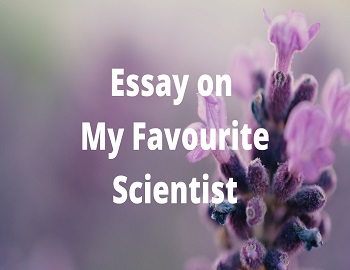


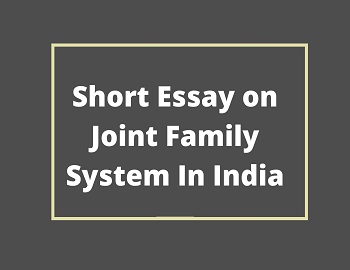

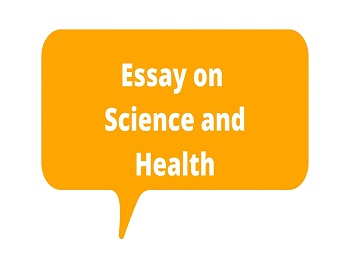
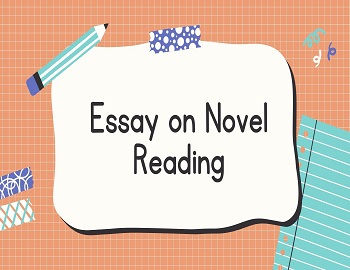

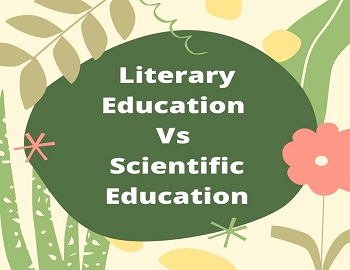
Comments (No)